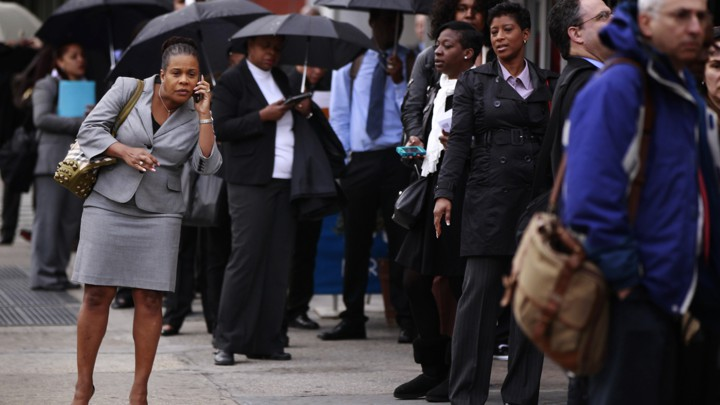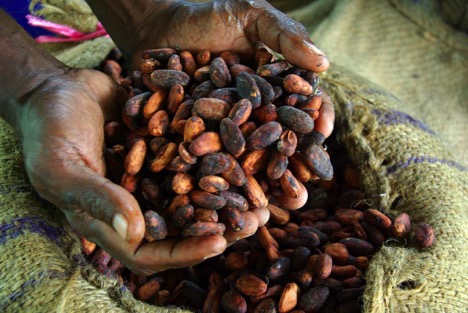By Lesley Green-Rennis
- Unemployment rate for Black women is 4.5%
- 80% of Black mothers are the primary breadwinners for their families
The U.S. unemployment rate is at its lowest level in 50 years, and some experts claim economic and social trends are shifting such that minority women are emerging as the big labor market winners. However, while many Black Americans and women are working, the recovery gains have been sorely uneven, leaving us to question if Black women are part of the economic expansions’ biggest winners?
Why This Matters: Black women consistently have high college degree attainment rates and labor force participation rates above other groups. As companies face intensifying worker shortages, they are looking for new sources of labor. Women 25 to 54 years old are joining, or returning to the labor force in greater numbers than their male counterparts.
Black women just happen to be the fastest growing group of entrepreneurs.
Black women just happen to be the fastest growing group of entrepreneurs. Yet, they are still more likely to be unemployed, have lower salaries, and are significantly underrepresented in leadership roles. On average, this demographic makes 63% of what white men are paid, that means it takes the typical Black woman 19 months to earn what her average white male co-worker makes in 12 months. A significant difference, especially given 80% of Black mothers are the primary breadwinners for their families. According to Marc H. Morial, National Urban League president, “Fair pay [for Black women] would create a ripple effect that could lift entire communities.”
Situational Awareness: Despite the expansion, wage inequality continues to grow. The richest 1% of earners-who remain largely white and male-are seeing their highest wages ever. This group received nearly 17% of the total first-year benefit from the Trump administration’s $1.5 trillion tax cut, according to the Tax Policy Center.
CBx Vibe: “Bodak Yellow” Cardi B









